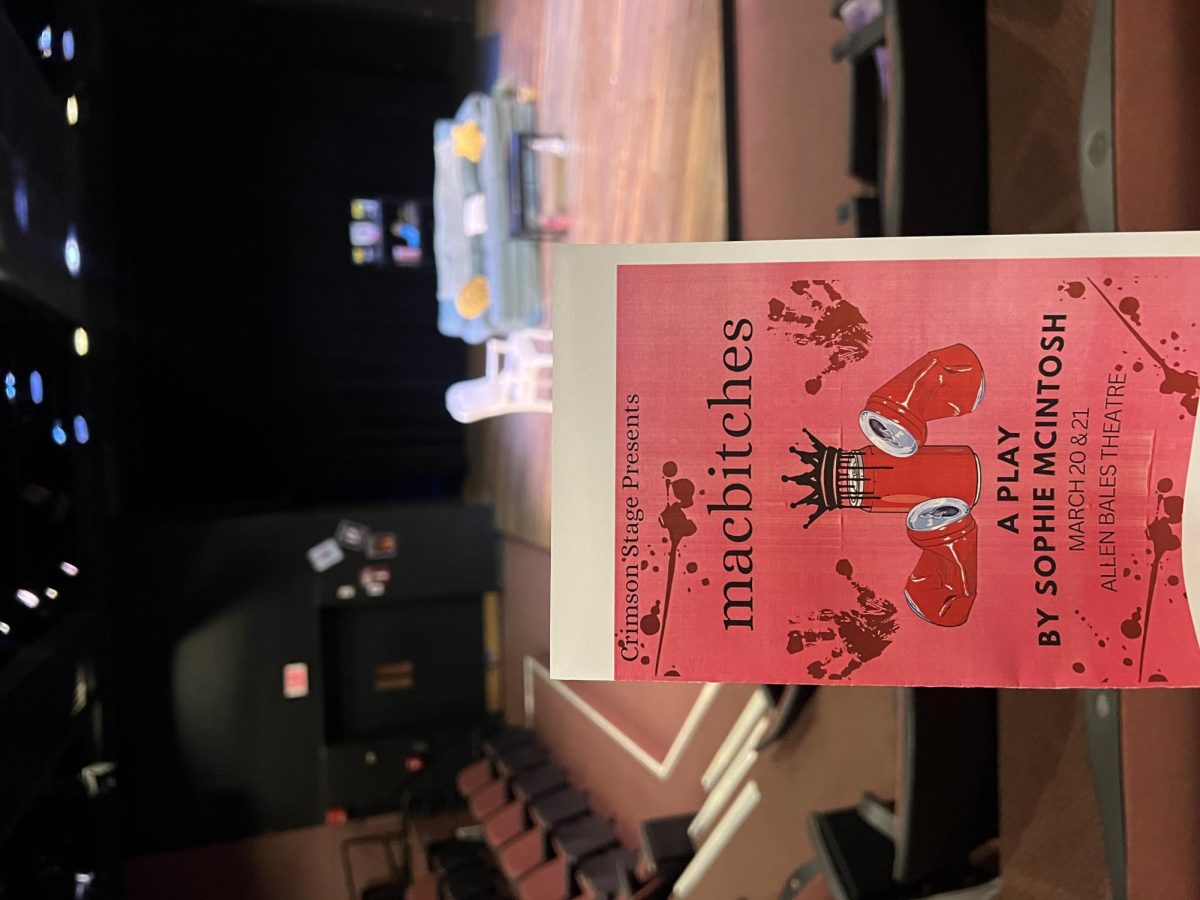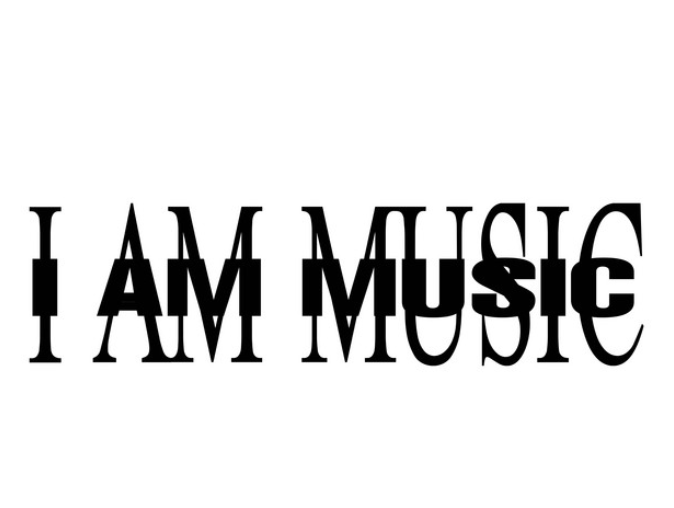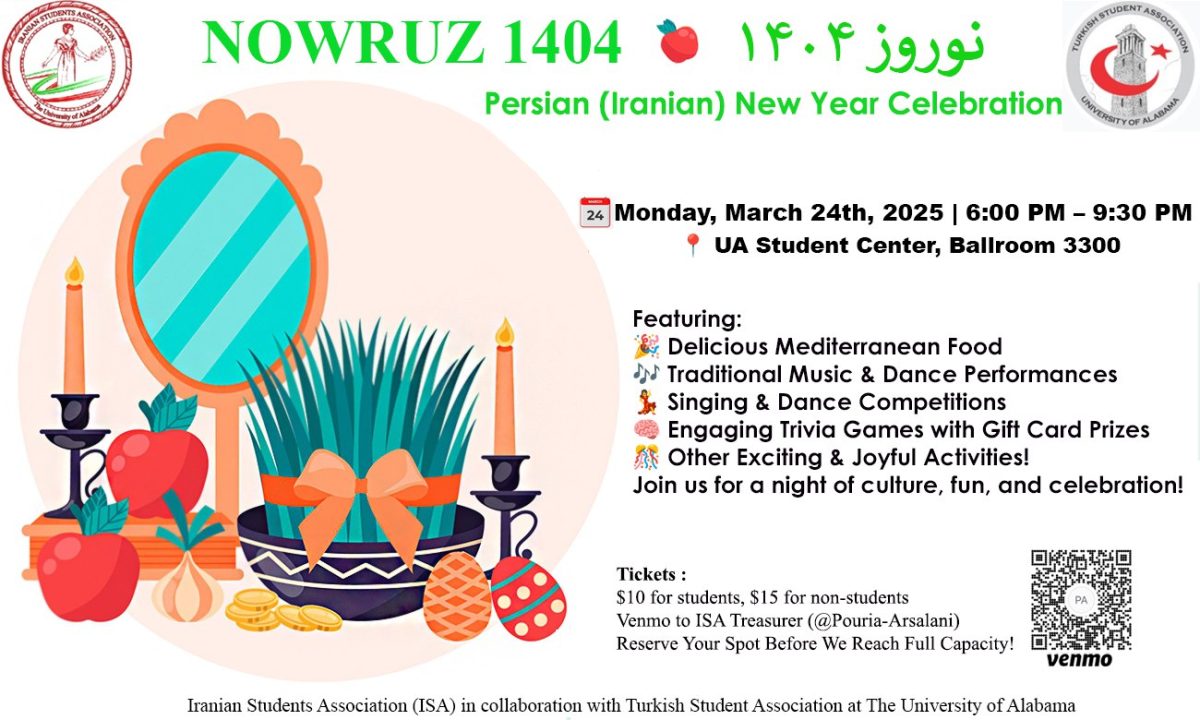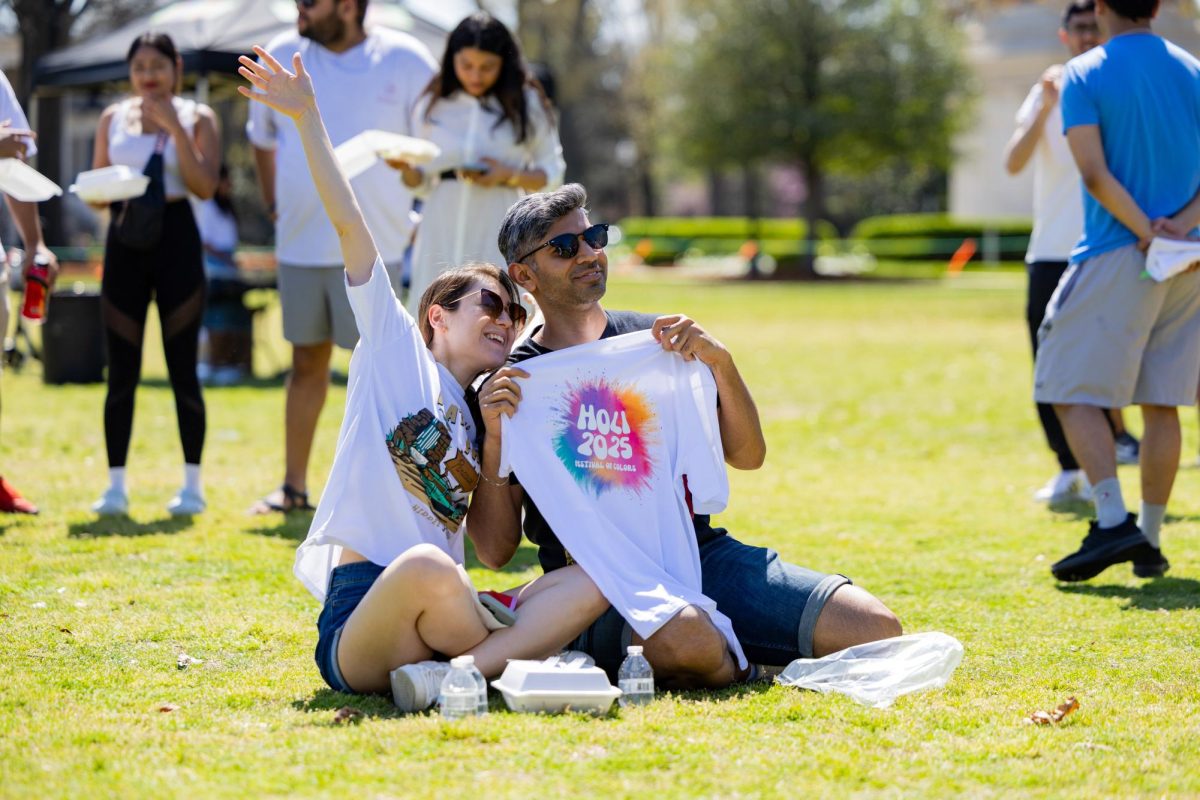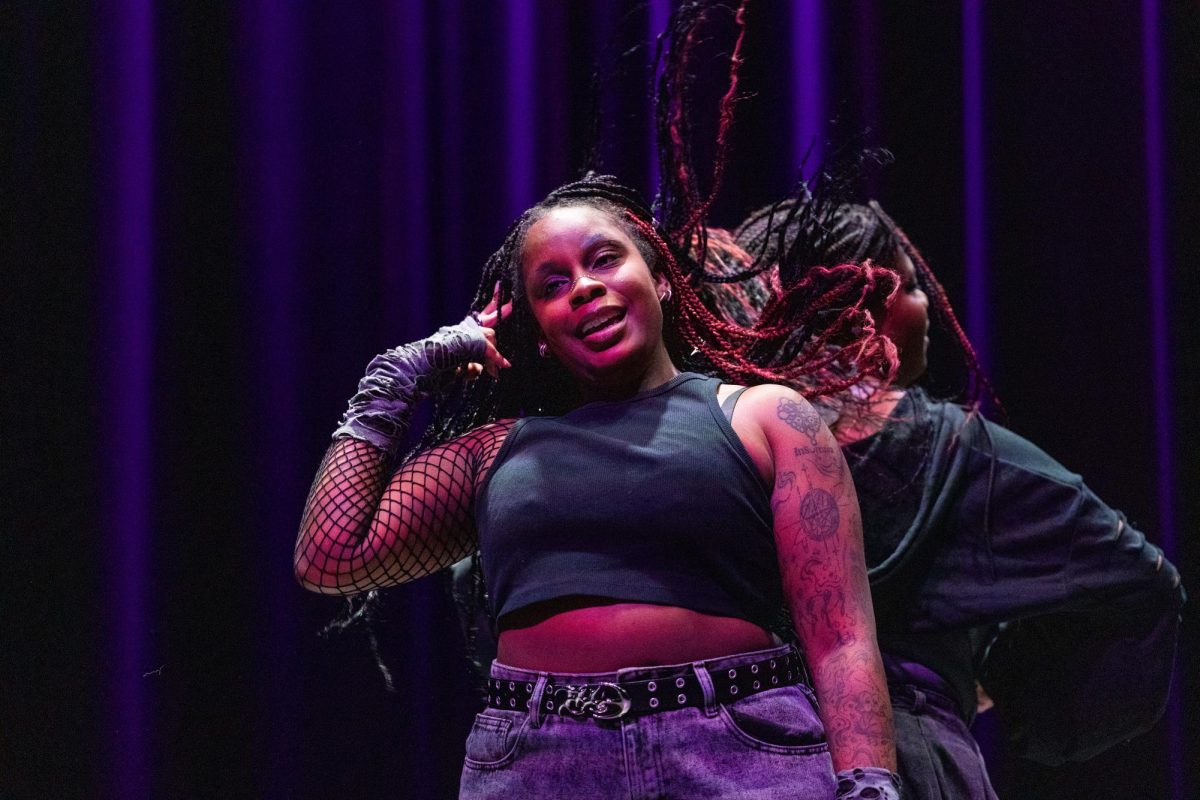Due to underrepresentation in media, the disabled community lacks the benefits of seeing itself on screen. According to the Gay and Lesbian Alliance Against Defamation, only 2.8% of characters on American television in 2022 were disabled, which is exclusionary of the overall 13% of Americans who are disabled.
“I think [disability representation] serves as a really good way to remind abled people that disabled people are humans too,” said Andy Coleman, a sophomore majoring in computer engineering. “Many people think that disabled people, especially visibly disabled people, are fundamentally different or hard to understand, but they’re really not. They are just like anyone else.”
Not only does representation remind nondisabled people of disabled people’s humanity, it also brings comfort and empowerment to disabled viewers.
“I find it important to see disabled people in the media because, as a disabled person, it is empowering to see people like me. It makes me feel understood and reminds me that I have a place in the world just like any abled person,” Coleman said.
Coleman went on to explain his experience watching disabled characters and the impact they have on him as a viewer.
“My favorite disabled character is Viktor from ‘Arcane.’ I really like that his disability is part of his character arc, but it isn’t everything about him. He has friendships, goals and a personality just like any other character would. He’s also an incredibly talented scientist, which I really appreciate as a disabled person in STEM,” Coleman said.
However, disability representation does not come without its own set of issues. Jay Matthews, former student of Jacksonville State University, said uneducated writer rooms can lead to portrayals of harmful stereotypes. For example,ABC’s “The Good Doctor” has been criticized for its problematic depiction of autism.
“The show portrays him as being transphobic because of his autism which implies that autistic people are too dumb to understand the concept of non-traditional genders. He’s also played by an allistic actor when there are autistic actors that could portray the character in a more realistic way,’” Matthews said.
Unfortunately, disability representation has the potential to become “inspiration porn.” According to disability activist Stella Young, inspiration porn is media that objectifies disabled people for the purpose of pity or an uplifting message.
“Able-bodied people love to consume inspiration porn. They like the idea that disabled people overcome hard odds to achieve their dreams. However, being disabled isn’t a setback; it’s a part of your lifestyle,” said Sammy Bignault, a sophomore majoring in political science. “As a disabled person, I don’t think I can overcome my disability and be inspirational. I just want to survive and be happy.”
Bignault, Coleman and Matthews all believe that without disability representation, negative stereotypes about disabled people continue to grow, and the disabled community would continue to feel excluded.
“Disability representation is important because there are so many kinds of disabilities, but very few people … actually understand what it’s like living with one,” Bignault said. “This representation increases the visibility of disabled people.”




